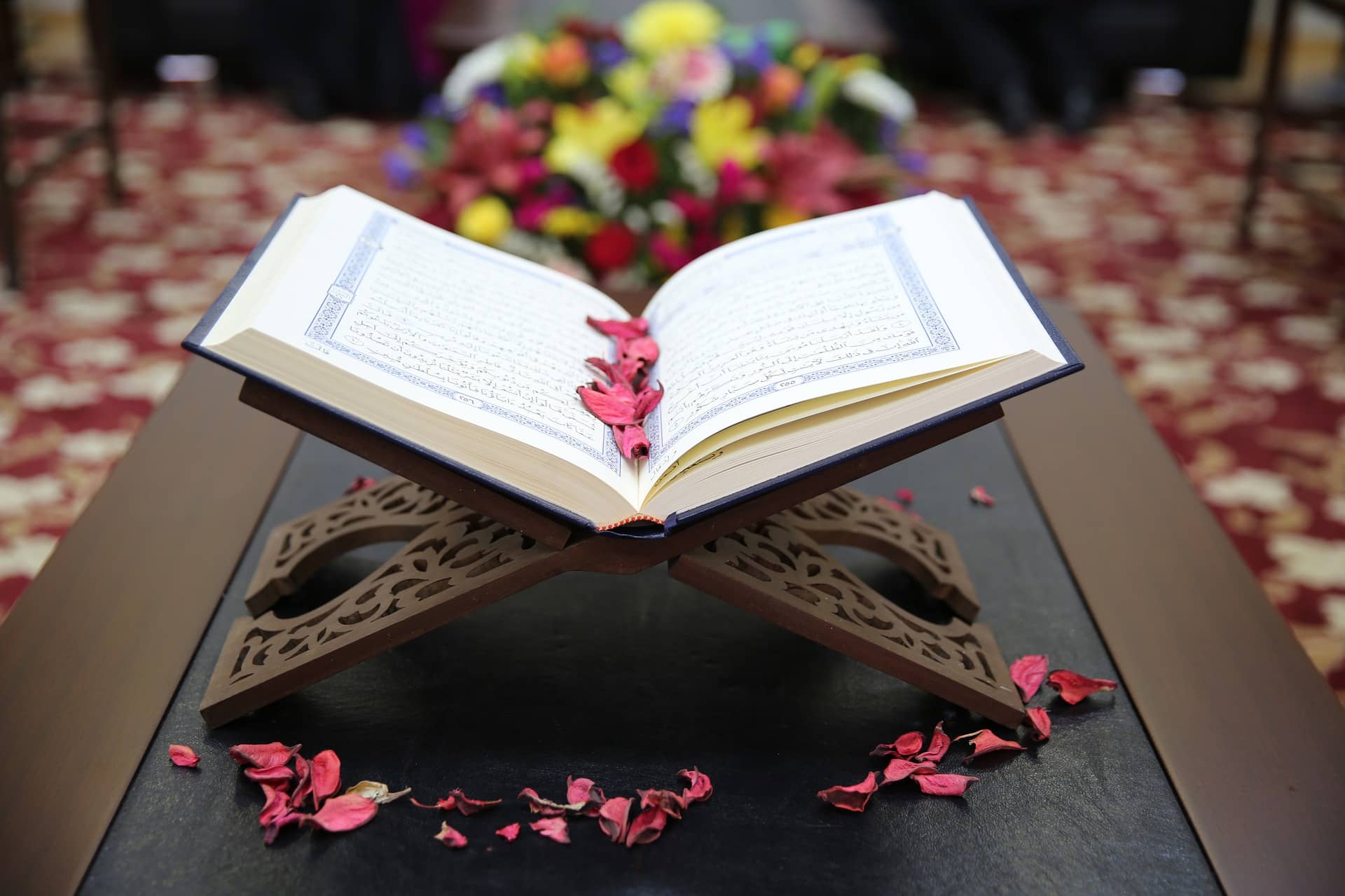DOHA, Nov. 9 (AFP) - Leaders from more than 50 Muslim countries will focus on the Israeli-Palestinian conflict at a summit starting on Sunday after the hosts Qatar caved in to demands led by regional power Saudi Arabia to close an Israeli bureau.
The kingdom, the birthplace of Islam, took the summit to the verge of total collapse, forcing Qatar to agree to slash the trade ties it cherished.
The Muslim giant found support for the boyoctt in Iran and Lebanon, pleading that summit preparations were not adequate to confront the "deteriorating situation" in the Palestinian territories.
Qatar rescued the gathering at the last minute and enabled foreign ministers to hold a preparatory meeting Thursday and return the spotlight to events in Israel and the Palestinian territories.
That had always been the intention for the November 12-14 summit of 55 countries plus the Palestinian leadership.
But Qatar, with high political ambitions for a state of only 100,000 citizens, lived up to its maverick reputation for taking an independent line from Riyadh, the leading power among the Gulf Arab monarchies and home to the headquarters of the Organisation of the Islamic Conference (OIC).
In November 1997, the gas-rich emirate hosted a US-brokered Middle East economic conference that was boycotted by the major Arab states in protest at Israel's participation.
The efforts of Ezzedin Laraki, the Moroccan secretary general of the Saudi-based OIC, which is organising the summit, kept the meeting together.
However, he could do nothing about Libyan leader Moamer Kadhafi and Bahrain's emir, who are definitely staying away.
Apart from the six-week-old Palestinian intifada (uprising) and links with Israel, the summit's agenda covers a host of conflicts wracking the Islamic world as well as economic issues.
For Kadhafi, who also boycotted last month's Arab summit in Cairo and dismissed it as largely a waste of time, such forums lack credibility. "The Islamic summit will be just like the Arab summit -- just ink on paper," he said.
The decision of Bahrain's emir, Sheikh Hamad bin Issa al-Khalifa, to stay at home came as no surprise ahead of a World Court verdict due by the end of this year on a territorial dispute between Doha and Manama.
As for Iraqi President Saddam Hussein, he has not travelled abroad since the crisis triggered by his 1990 invasion of Kuwait.
In Cairo, Iraq's second-in-command Ezzat Ibrahim stood in for the president to deliver Saddam's message calling for a jihad to recover Palestine, the same case as Iraq will take to Doha.
Iran's President Mohammad Khatami had also been highly critical of Qatar's refusal to bow to the clamour in the Arab world for Doha to scrap its four-year-old trading links with Israel.
As OIC president, Iran hands over the organisation's three-year rotating leadership to Qatar after the summit.
The dispute over Israel's trade office had threatened to overshadow the dozens of other issues on the agenda.
The civil war in Afghanistan, the Kashmir conflict, Kosovo and Chechnya, as well as the situation of Muslim minorities in Asia and Africa are all vying for the attention of OIC leaders.
The Afghan conflict and Kabul's OIC seat which has remained empty since the Islamic Taliban militant seized power in the capital in 1996 figure prominently on the agenda.
"The Doha summit will call for a halt to the violence (in Afganistan) and a settlement that is acceptable to all the parties in conflict," in support of renewed UN efforts to revive peace talks, an OIC official told AFP.
The formula amounts to a compromise between Iran, which supports toppled president Burhanuddin Rabbani, and Pakistan, Saudi Arabia and the United Arab Emirates, the only three countries to recognise the Taliban government.
Economic cooperation between Muslim countries, notably ambitions to set up an OIC common market, are also up for debate, delegates said.
UN Secretary General Kofi Annan, Arab League chief Esmat Abdel Meguid and the heads of the Organisation of African Unity and the Non-Aligned Movement are all due to attend as observers.
2024-05-07
2024-05-07
Beliefnet Editor
more from beliefnet and our partners

